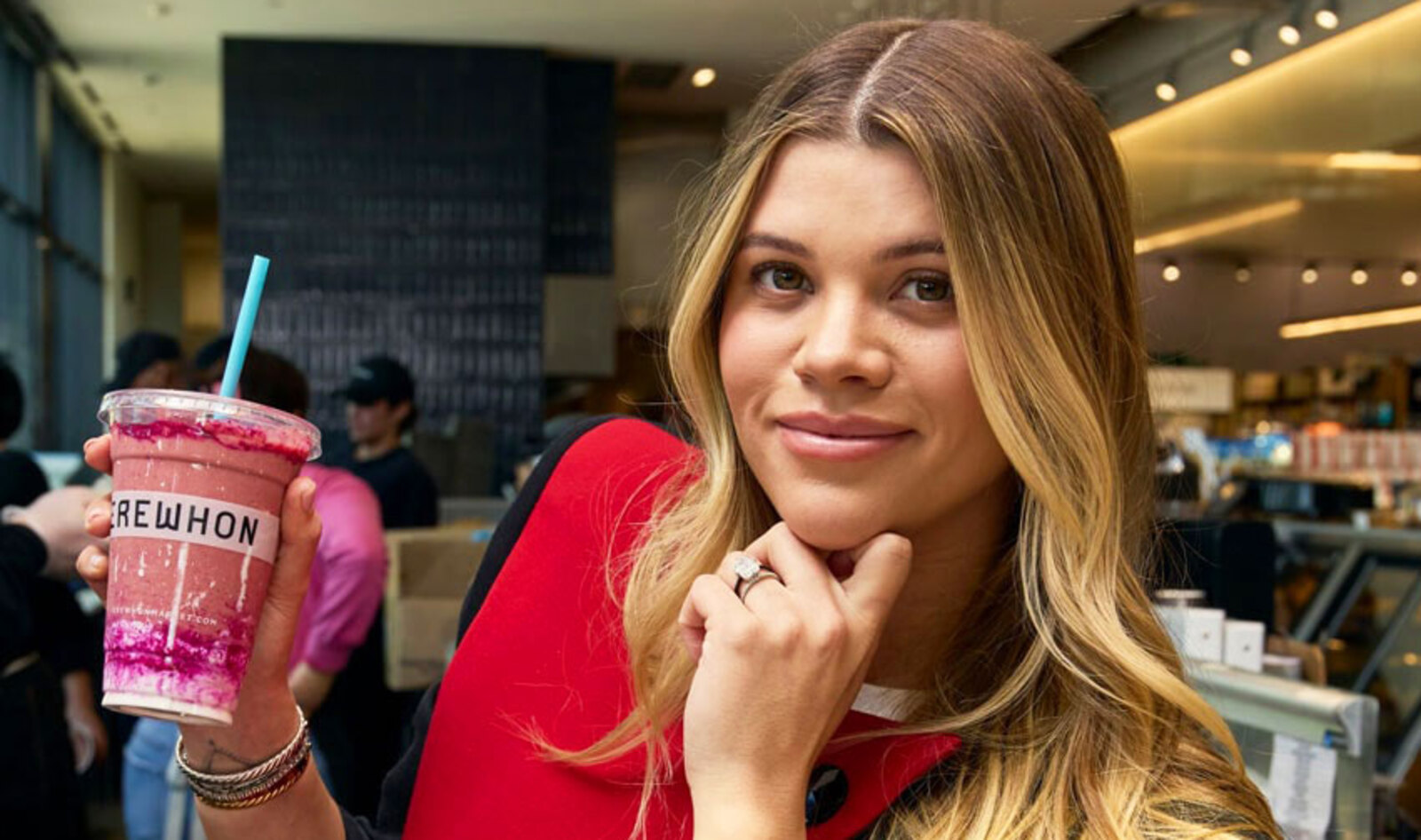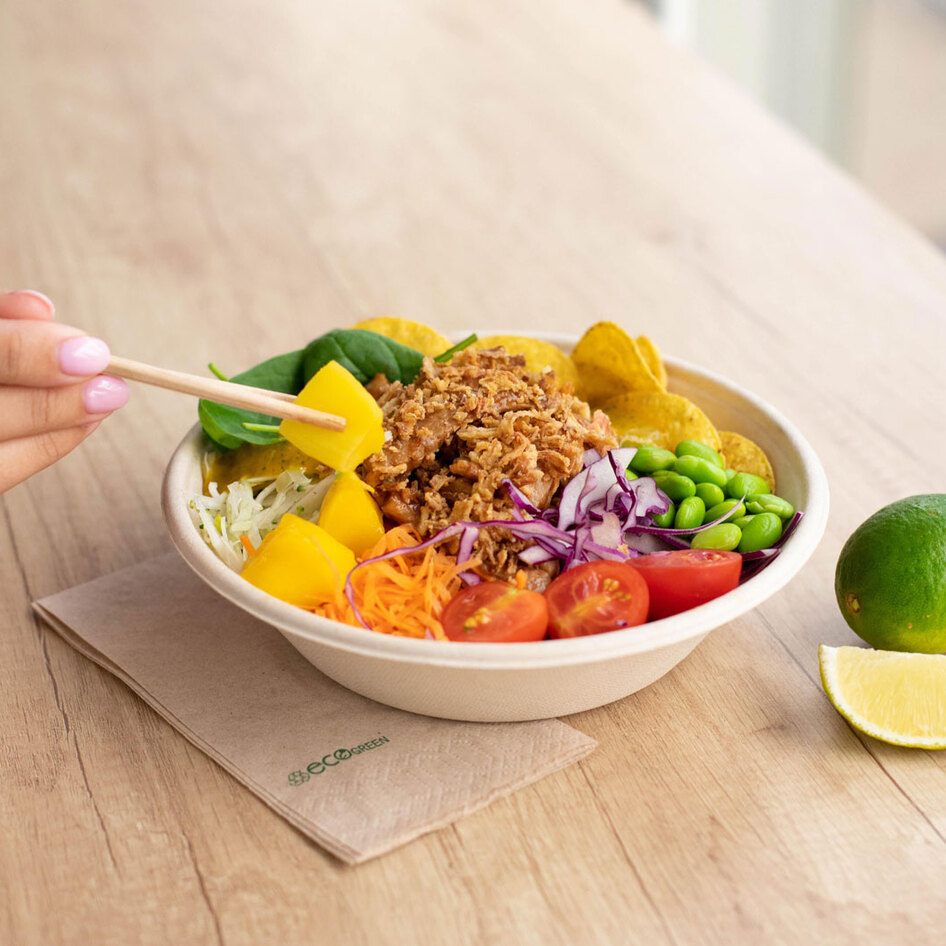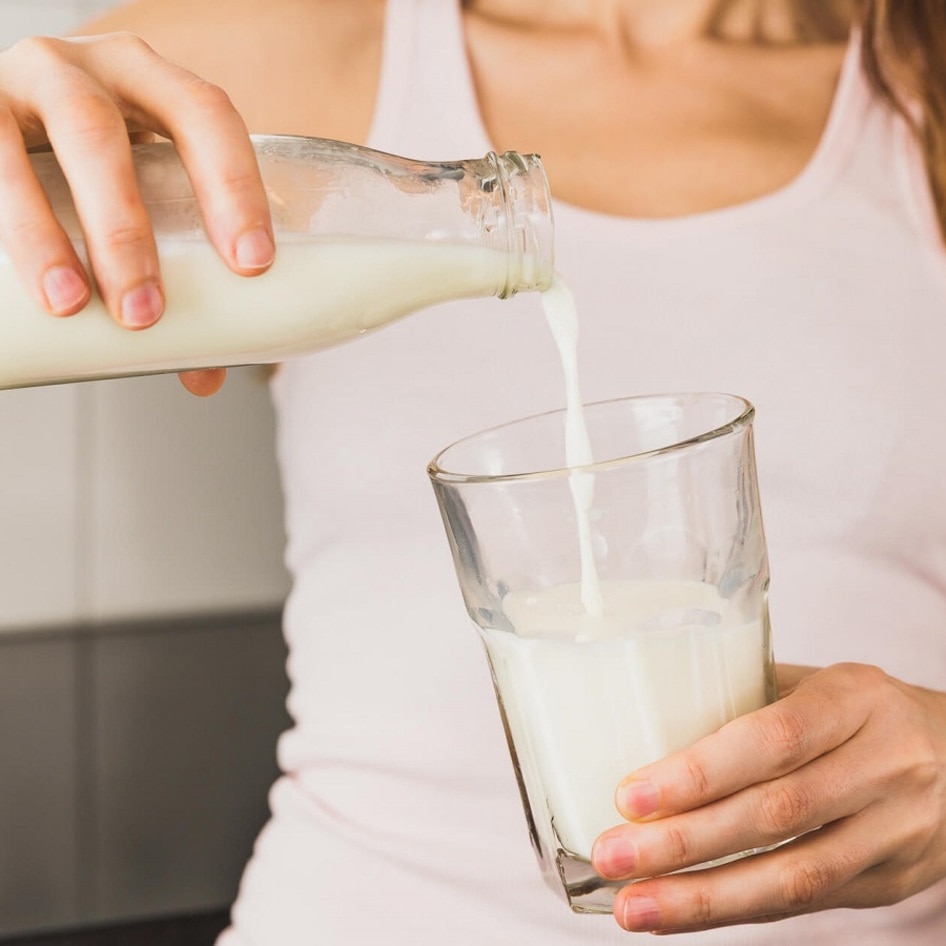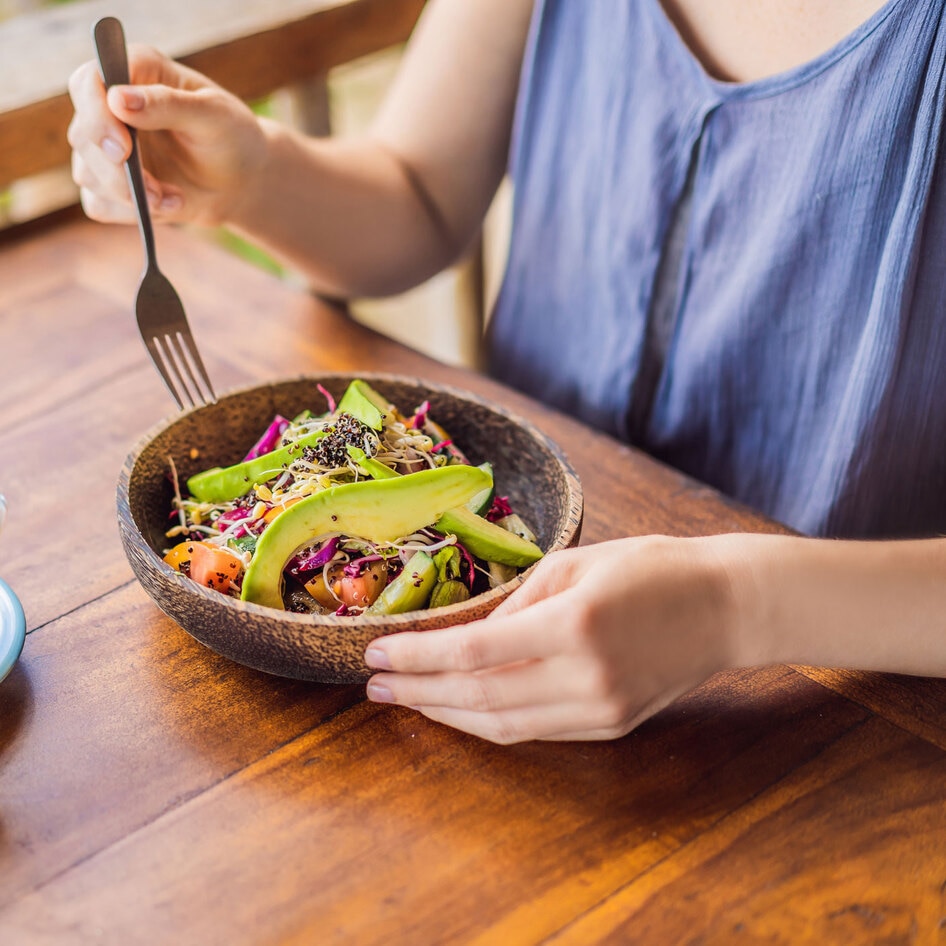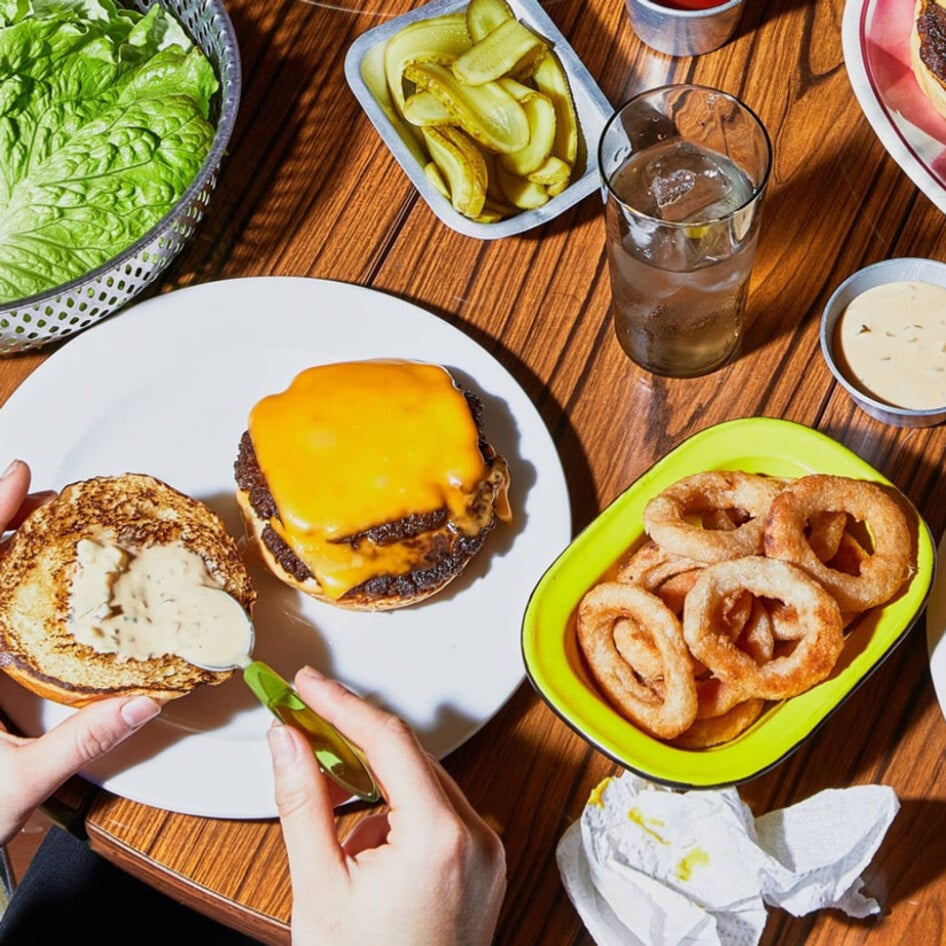If you fancy dropping more than $20 on a smoothie, you can head to Erewhon, aka the most luxurious grocery shopping destination in Los Angeles, and order Sofia’s Sweet Cherry Smoothie. But that’s only if you want to spend more than four times the price of a regular oat latte on fluid from a cow’s mammary gland. Wait, what?
It sounds bizarre, but that’s exactly what’s in Sofia Richie Grainge’s new smoothie with the elite grocery store chain. The model’s pricey blend contains almond milk, organic cherry juice, dark-sweet cherries, avocado, coconut cream, pineapple, maple syrup, pitaya powder, and colostrum. The latter is a fluid produced by all mammals (including humans) in the first few days after giving birth.
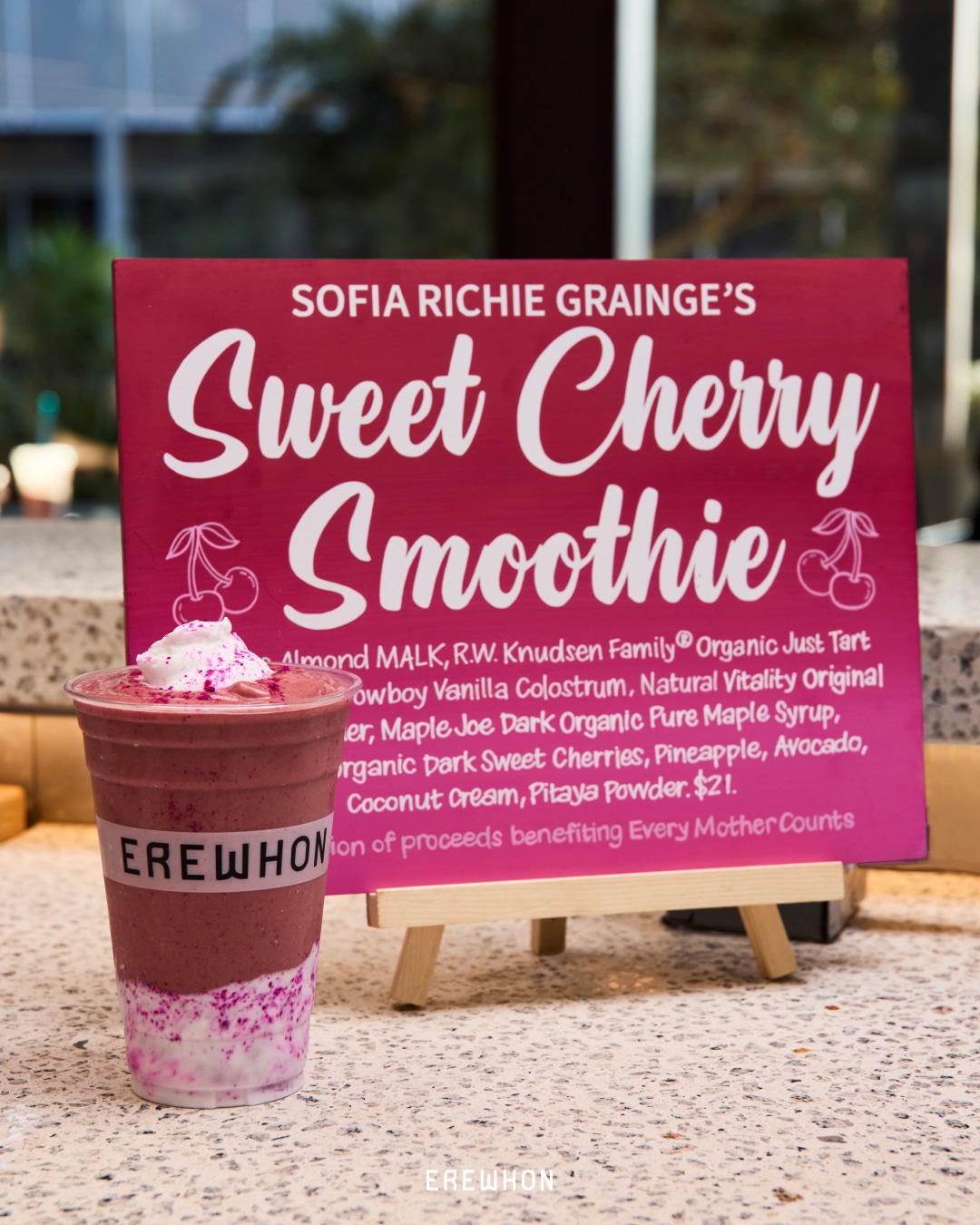 Erewhon
Erewhon
Is colostrum the same as breast milk?
Golden in color and thick in texture, colostrum is high in the essential nutrients, antibodies, and antioxidants that help to kickstart a baby’s immune system. It’s not quite the same as breast milk, which typically starts to be produced a few days after childbirth.
Just like humans, after cows give birth, they produce colostrum. This is why, unsurprisingly, most of the colostrum used in the supplement industry, like that in Grainge’s smoothie, comes from the dairy industry. While newborn cows are also given this milk from their mothers, the colostrum surplus is often sold for profit.
“Colostrum is collected by specialty processors in major dairy-producing regions, and in the US from [around] 18 percent of dairy cows on [around] 3 percent of dairy farms,” notes one report on Science Direct.
“A variety of dietary, sports and cosmetic products containing colostrum form a human health market with retail value in excess of $1 billion.”—Science Direct
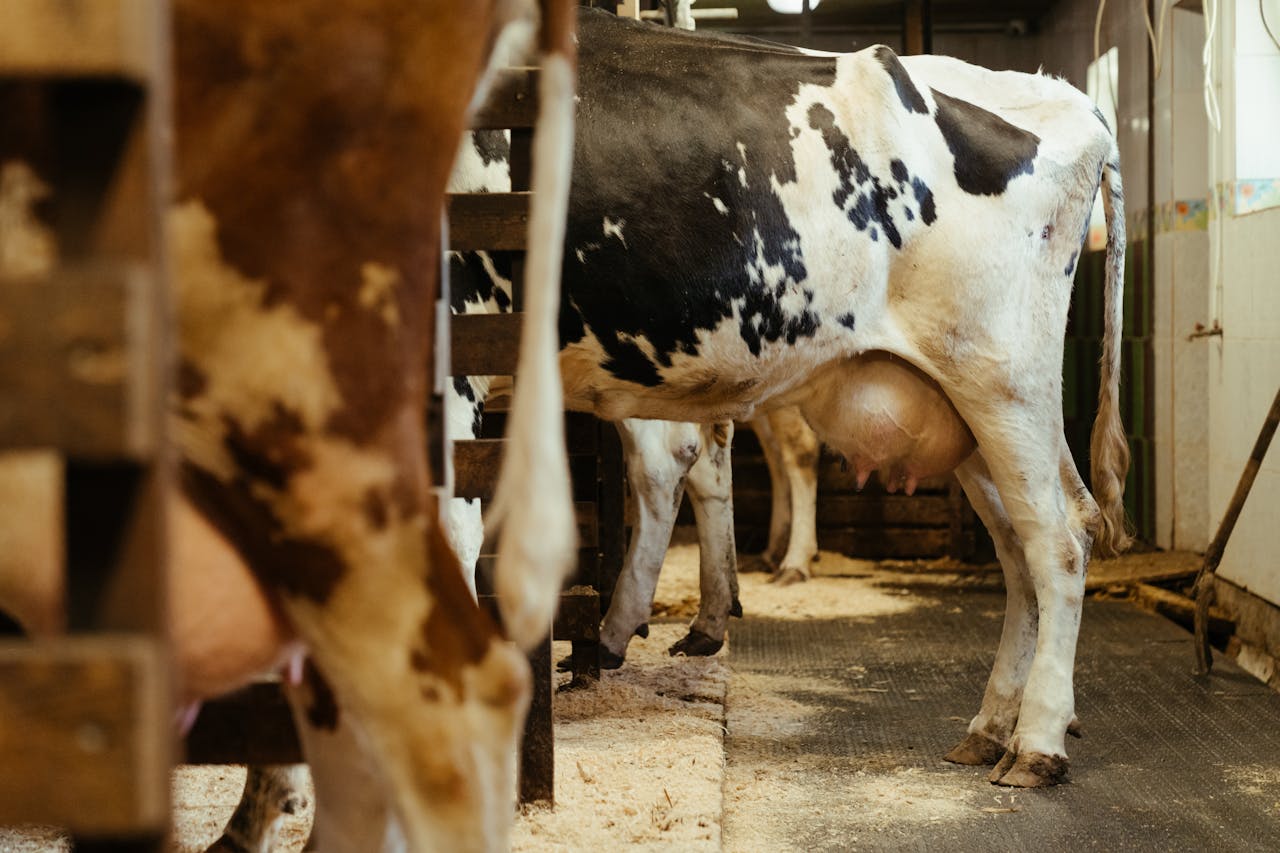 Pexels
Pexels
Is colostrum really that good for adults?
Colostrum is good for babies (of all kinds—humans and cows), but whether human adults can benefit from taking it is up for debate. Because it is nutrient-dense, some experts maintain that it can help support our immune systems, enhance gut health, and even prevent aging, but others aren’t so sure that taking colostrum is a good idea.
According to Nate Wood, MD, it’s certainly a possibility that colostrum could have health benefits, but there just haven’t been enough studies to confirm it. “As of now, the current research on bovine colostrum is just not good enough for us to draw any conclusions,” he recently told Today. “We really can’t say for sure whether or not bovine colostrum has any meaningful benefits.”
This also means that experts can’t say for sure what the risks are from taking colostrum either. “Bovine colostrum contains a specific growth factor called IGF-1,” Wood added.
“Previous research has demonstrated that IGF-1 can stimulate the growth of specific types of cancer, like prostate and breast cancer.”—Nate Wood, MD
Indeed, in 2020, one study published by Cancer Research noted that IGF-1 “appeared to be associated with several types of cancer.”
The research suggested that making some lifestyle interventions, like reducing dairy consumption, might help to reduce the risk of some cancers. “There is some initial evidence, for instance, that higher dairy intakes can raise IGF-1 concentrations,” Anika Knüppel, a postdoctoral researcher in nutritional epidemiology at the University of Oxford, said in a statement at the time.
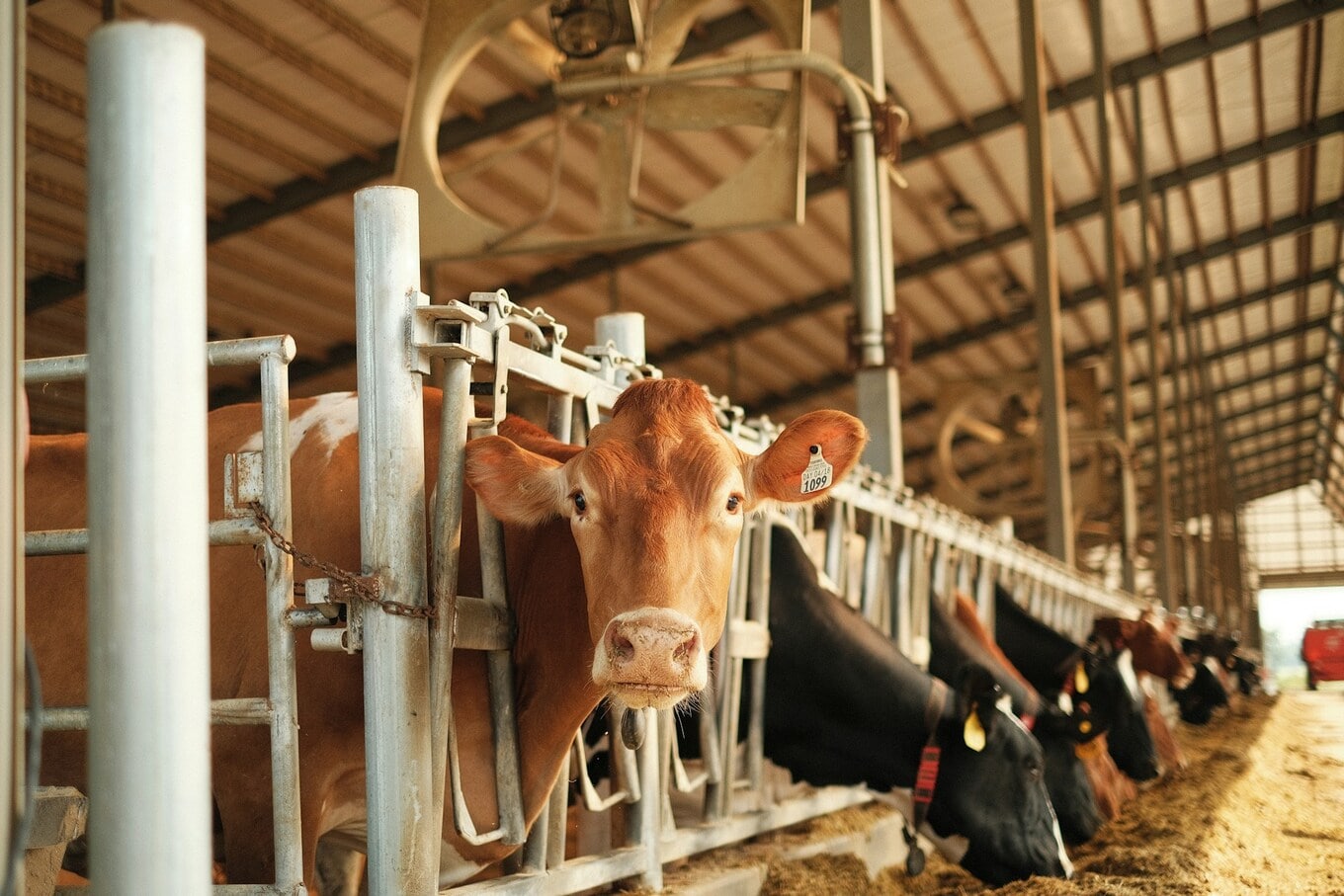 Unsplash
Unsplash
What are the disadvantages of colostrum?
Aside from the potential health risks and lack of research, the colostrum supplement market also raises ethical problems for many people. In the dairy industry, cows often live in cramped, industrialized conditions on factory farms. In fact, research suggests that more than 99 percent of animal products in the US come from a factory farm environment.
After cows give birth, they are also usually separated from their calves within a few days, before they are artificially inseminated again. Some farmers have described this separation process as “confusing” and “terrifying” for the animals (read more about that here).
The dairy industry takes a big toll on animal lives, but it’s also detrimental to the environment. Animal agriculture contributes around 14.5 percent of global greenhouse gas emissions, drives deforestation, and uses up valuable resources, like water and land. This is why many experts are calling for a shift away from animal products.
In 2022, a report from the Intergovernmental Panel on Climate Change, for example, stated that methane emissions must be reduced by 33 percent by 2030 for the sake of the planet. Most methane emissions come from animal agriculture. In fact, over the course of one year, just one cow will emit around 220 pounds of methane.
Arguably, $21 for a smoothie just doesn’t seem worth the cost to the animals, the planet, or potentially, to our health. We say whip up a vegan option instead. Find some of our delicious smoothie recipes here, all of which are made from 100-percent plants (no fluid from a cow’s mammary gland in sight).
For more on dairy-free alternatives, read:
JUMP TO ... Latest News | Recipes | Guides | Health | Shop

